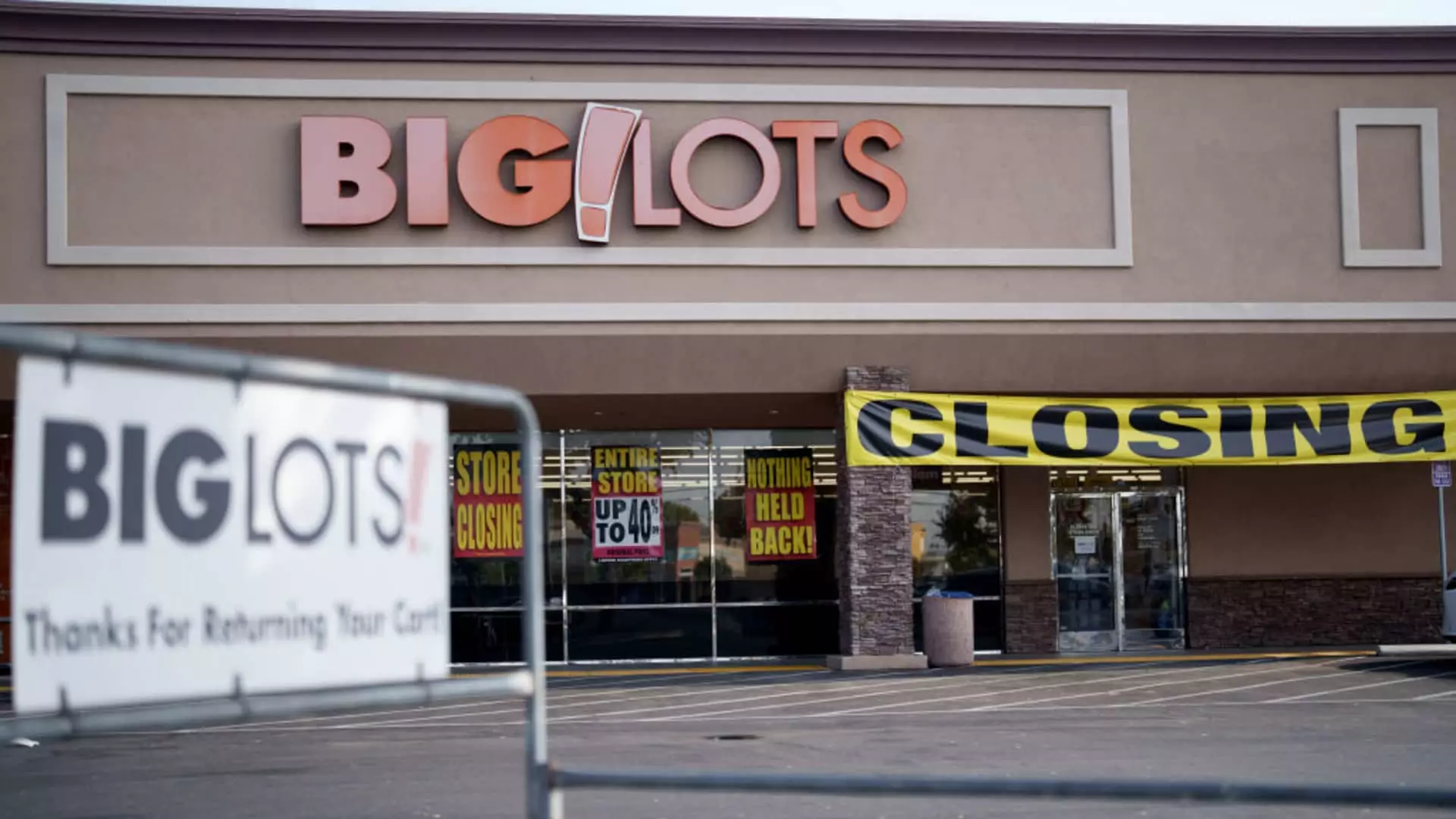Discount home goods giant Big Lots recently filed for bankruptcy protection due to a combination of high interest rates and a sluggish housing market that led to a decrease in demand for its affordable furniture and decor offerings. The company, which boasts over 1,300 stores across 48 states, struggled to maintain sales as the pandemic-induced demand for home furnishings waned. This decline in revenue ultimately led to the decision to sell the business to private equity firm Nexus Capital Management for approximately $760 million.
Chapter 11 Filing and Sale
In an effort to restructure and improve its financial position, Big Lots entered Chapter 11 bankruptcy and agreed to the sale of its business to Nexus Capital Management. The deal, amounting to $760 million, includes $2.5 million in cash along with the settlement of its outstanding debt and liabilities. This move signifies a significant change in ownership for the company, with Nexus expressing confidence in Big Lots’ future potential.
Big Lots’ financial struggles can be attributed to a variety of macroeconomic factors, including high inflation and interest rates, which were highlighted as circumstances beyond the company’s control. These challenges have had a particularly adverse impact on Big Lots’ core customer base of lower- and middle-income consumers, who have reduced discretionary spending on home goods and seasonal products. Additionally, increased competition in the discount retail space has further complicated Big Lots’ position in the market.
Beyond economic challenges, Big Lots has also faced operational difficulties that have hindered its ability to compete effectively. The company’s product assortment has been critiqued for being jumbled and muddled, leading to a lack of clear differentiation from other discount retailers. Analysts have noted that while Big Lots offers affordable prices, the overall shopping experience may not be as enticing compared to competitors like Wayfair, Walmart, and TJX Cos.’ Home Goods.
As part of the bankruptcy proceedings, Big Lots will undergo a court-supervised auction for its business, potentially opening up the opportunity for a different buyer to acquire the company at a higher bid than Nexus’ offer. The involvement of legal and financial advisors indicates a complex restructuring process aimed at reviving Big Lots’ fortunes in the retail market. With a new owner at the helm and a focus on optimizing operations, Big Lots aims to regain its position as a leading extreme value retailer.
Big Lots’ bankruptcy filing serves as a cautionary tale for retailers navigating a challenging economic environment. The company’s inability to adapt to shifting consumer preferences, coupled with operational inefficiencies, ultimately led to its downfall. As Big Lots looks towards a new chapter under Nexus Capital Management, the road to recovery will require strategic decision-making and a renewed focus on delivering value to customers. Only time will tell if Big Lots can reclaim its position as a prominent player in the discount retail sector.


Leave a Reply